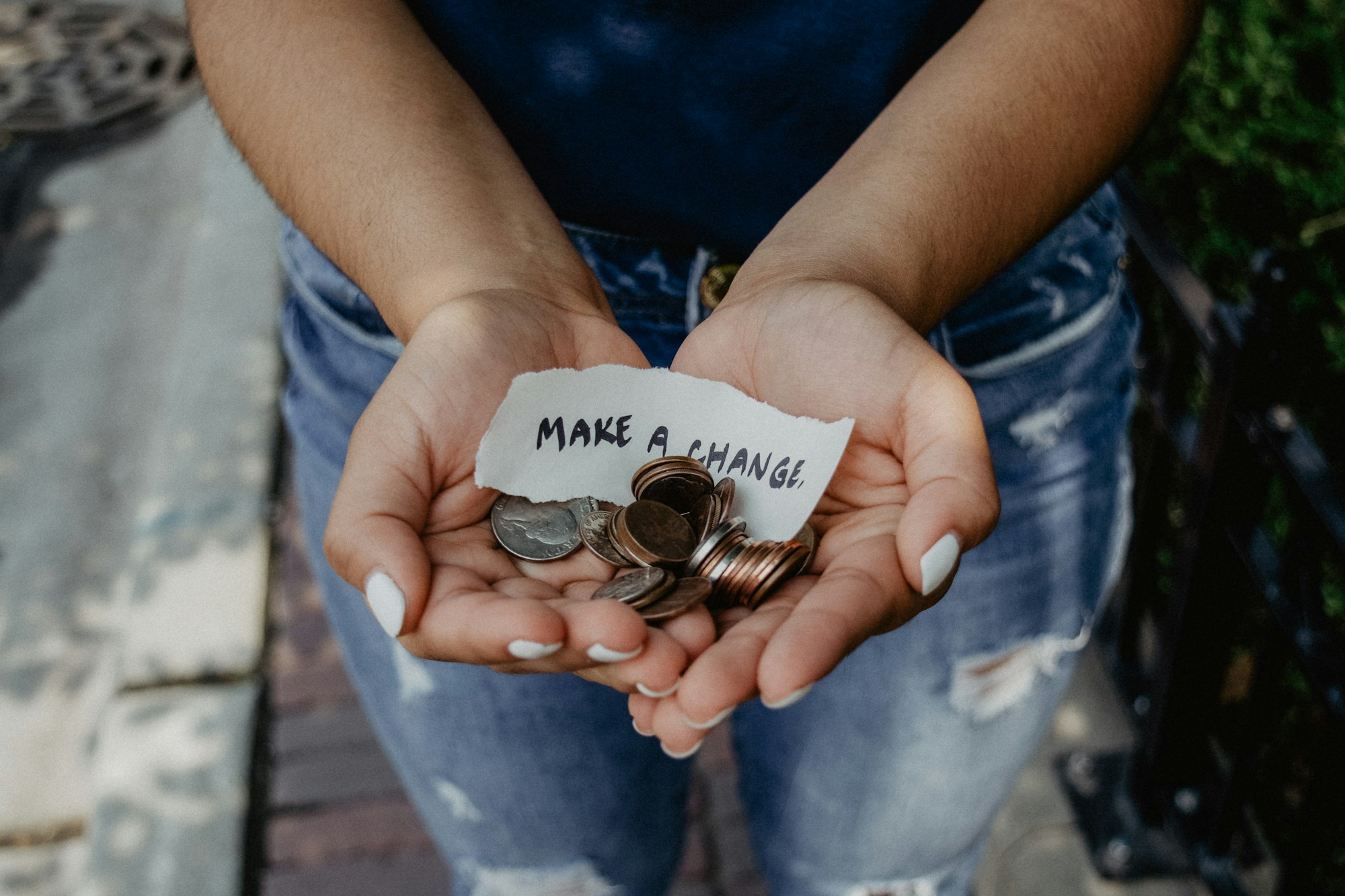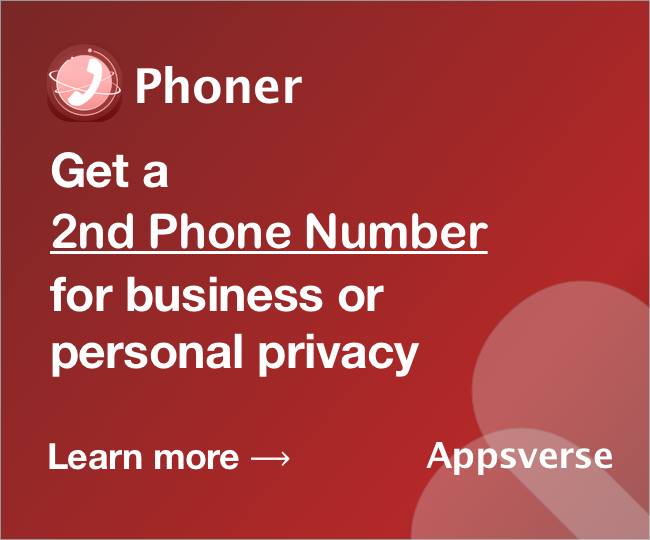Fundraising is an essential part of running any non-profit organization, and one of the most effective ways to raise funds is through sponsorships from local businesses. However, getting local businesses to sponsor your organization or event can be a challenging task, especially if you don't know how to approach them. In this article, we'll discuss some useful tips and strategies for asking local businesses for sponsorship and organizing a successful fundraising event with their help.
What is a local business sponsorship?
Local business sponsorship is when a business provides financial or in-kind support to a non-profit organization or community event. It typically involves a mutually beneficial partnership between the local business and the organization or event, in which the business receives exposure and recognition in exchange for its support.
Local business sponsorship can take many forms, such as providing a monetary donation, donating goods or services, or offering a space to host an event. The support provided by local businesses can be essential for non-profit organizations and community events to succeed, and can help to build a strong relationship between the local business and the community.
In return, local businesses can benefit from increased visibility and customer loyalty, as well as a positive brand image. Overall, local business sponsorship is a valuable way for businesses to give back to their community and support causes that align with their values.
How to Ask Local Businesses for Sponsorship
Identify potential local sponsors
The first step in getting sponsorship from local businesses is to identify potential sponsors. Start by researching local businesses in your area that are aligned with your organization's mission and values. For example, if your organization is focused on environmental issues, consider approaching local eco-friendly businesses.
The specific opportunities that each type of local business can offer for fundraising vary.
- For instance, restaurants and cafes can host a percentage night where they donate a percentage of their sales to the fundraising cause.
- Retail stores can offer product donations or a percentage of their sales.
- Grocery stores can offer a space for an event and donate a percentage of their sales on a specific day to the cause.
- Service businesses can provide gift cards or services that can be used as prizes or incentives for fundraising participants.
- Financial institutions can provide financial contributions or match the donations raised by the fundraising event.
- Professional firms can donate in-kind services or volunteer their time to support the event.
Once you've identified potential sponsors, research their past sponsorships and donations to get an idea of their level of interest and involvement in community causes. This will help you to narrow down your list of potential sponsors and focus on those that are most likely to be interested in sponsoring your organization or event.
Craft a compelling sponsorship proposal
Before approaching potential sponsors, it's essential to have a compelling sponsorship proposal that clearly outlines the benefits of sponsoring your organization or event. Your proposal should include:
- A brief overview of your organization and mission
- Details about your event or program, including the date, location, and expected attendance
- A breakdown of the various sponsorship levels and corresponding benefits
- Information about your target audience and their demographic profile
- Information about past successes and achievements of your organization
- Details on how to contact you, or any of your team members for follow up meetings. Include names of key personnel, phone numbers and email addresses.
Make sure your proposal is well-organized, visually appealing, and easy to read. You can also include photos, videos, and other multimedia to make your proposal more engaging.
Bonus tip: Getting a second phone number for fundraising when seeking sponsorship from a local business
- Maintain a professional image: Manage and respond to inquiries from potential sponsors, while also helping to avoid any confusion or overlap with personal calls or messages.
- Track and organize your sponsorship efforts more effectively: By using a separate phone number, you can easily monitor and record all incoming calls and messages related to your fundraising efforts, and quickly follow up with potential sponsors as needed.
- Protect your privacy and security: Keep your personal phone number private and separate from your fundraising activities.
For anyone seeking sponsorships from a local business, having a second phone number from an app like Phoner helps to enhance your professionalism, efficiency, and privacy as you work to raise funds and awareness for your cause.
Reach out to potential sponsors
Once you have your proposal ready, it's time to reach out to potential sponsors. The best way to do this is through a personalized email or letter that highlights the key points of your proposal and explains why their business would be an excellent fit for your organization or event.
When contacting potential sponsors, be polite, professional, and respectful of their time. Avoid sending mass emails or generic form letters, as these are likely to be ignored or deleted.
Follow up and be persistent
After you've sent out your initial sponsorship proposal, be sure to follow up with potential sponsors to gauge their level of interest and answer any questions they may have. Follow up emails or phone calls should be courteous and professional, and should ideally be made within a week of sending the initial proposal.
It's also essential to be persistent but not pushy when following up with potential sponsors. Remember that they may be busy with their own business, so it's important to remain patient and respectful throughout the sponsorship process.
Create sponsorship packages
Creating sponsorship packages is an effective way to offer different levels of sponsorship opportunities for local businesses. These packages can be tailored to the specific needs and budget of each sponsor and can include benefits such as logo placement, event tickets, and social media exposure.
When creating sponsorship packages, make sure to offer a range of benefits at different price points, so businesses can choose a package that works for them. It's also important to clearly communicate the benefits of each package, so sponsors can make an informed decision.
Host a fundraising event with local businesses
One of the most effective ways to get local businesses involved in fundraising is to partner with them to host a joint event. For example, you can team up with a local restaurant to host a charity dinner or work with a retail store to host a shopping event where a percentage of the proceeds go to your organization.
Hosting a joint event with a local business can be an effective way to raise funds, increase visibility, and strengthen your relationship with the business.
Thank your sponsors
When a local business sponsors your fundraising event, it's important to show your appreciation for their support. You can thank the businesses that sponsor your fundraising with any of the following ways:
- Send a Thank You Letter: After the event, send a thank-you letter to the business that sponsored your fundraising. In the letter, express your gratitude for their support and highlight the impact that their sponsorship had on the success of the event. Include specific details, such as the total amount raised or the number of people who attended the event.
- Share Social Media Posts: Take advantage of social media platforms to publicly thank your sponsors. Post photos and videos from the event and tag the businesses that sponsored it. Make sure to include a personalized message of thanks in your post.
- Invite Them to Future Events: Consider inviting your sponsors to future events to show your appreciation for their continued support. You could offer them complimentary tickets or VIP treatment to show them that their contribution is valued and appreciated.
Conclusion
If you're looking to make a positive impact in your community, one great way to do so is by reaching out to local businesses for sponsorship and fundraising opportunities. By partnering and fundraising with local businesses in your area, you can not only raise money and awareness for important causes, but also build strong relationships with your community and local business owners. With a little effort and creativity, you can forge valuable partnerships that benefit everyone involved. So start reaching out to local businesses today and make a difference in your community!

 4.5/5 on App Store
4.5/5 on App Store





